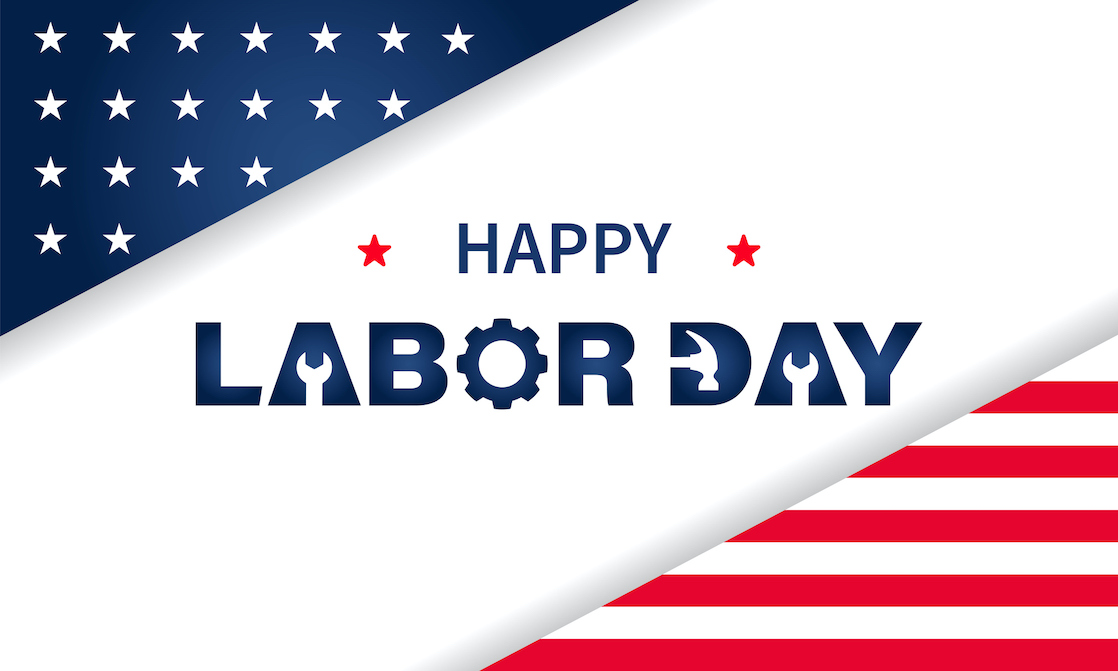
Labor Day was created by the labor movement in the late 19th century as a way to celebrate the achievements and contributions of American workers. Many believe that the idea of a day to honor laborers was first proposed by Peter J. McGuire, co-founder of the American Federation of Labor, but some people credit it to Matthew Maguire, a machinist and secretary of the Central Labor Union in New York. The first Labor Day parade was held on September 5, 1882, in New York City, organized by the Central Labor Union.
The choice of September for Labor Day is significant. At the time, there was a strong push to have a day to honor workers without associating it with the more radical international labor movement, which was aligned with May 1st—known as International Workers’ Day or May Day. The September date was chosen partly to provide a holiday between Independence Day in July and Thanksgiving in November.
In 1894, following the Pullman Strike, which resulted in a number of deaths, President Grover Cleveland made reconciliation with the labor movement a top political priority. As a result, he signed legislation celebrating Labor Day on the first Monday in September as a national holiday.
Why Americans Celebrate Labor Day
Americans celebrate Labor Day to honor the contributions of workers to the country’s economy, the progress of the labor movement, and the social and economic achievements of American workers. It marks a time to recognize the importance of fair labor practices and the role of organized labor in securing rights such as fair wages, reasonable hours, and safer working conditions.
Celebrations and Traditions
Labor Day is celebrated across the United States with a variety of traditions:
- Parades: Many cities and towns host parades featuring unions, workers’ organizations, and community groups. These parades celebrate the achievements of workers and often include speeches by labor leaders and politicians.
- Picnics and Barbecues: Labor Day is synonymous with outdoor gatherings. Families and friends often gather for picnics, barbecues, and cookouts. It is a time to enjoy the last days of summer, with traditional foods like hot dogs, hamburgers, corn on the cob, and potato salad being popular.
- Sporting Events: The day is also known for being a major sports day, with college football kicking off its season on Labor Day weekend. Baseball games are also a popular pastime on this holiday.
- Retail Sales: Many retailers hold big sales over Labor Day weekend, offering discounts on a wide range of products. It’s one of the biggest shopping weekends of the year.
- Fireworks: In some areas, fireworks displays are part of the celebration, particularly in larger cities or towns with active community events.
Food and Festivities
The food served during Labor Day celebrations typically includes classic American barbecue fare:
- Grilled Meats: Hot dogs, hamburgers, steaks, ribs, and chicken are staples, often cooked on an outdoor grill.
- Side Dishes: Potato salad, coleslaw, baked beans, corn on the cob, and macaroni salad are common side dishes.
- Desserts: American classics like apple pie, brownies, and ice cream are popular dessert choices.
- Drinks: Lemonade, iced tea, beer, and soda are commonly served.
Labor Day weekend is also seen as the unofficial end of summer, with many people taking advantage of the long weekend to travel, enjoy the outdoors, and spend time with loved ones. It’s a time of relaxation and enjoyment before the start of the fall season.
-Hoàng Anh sưu tầm-
